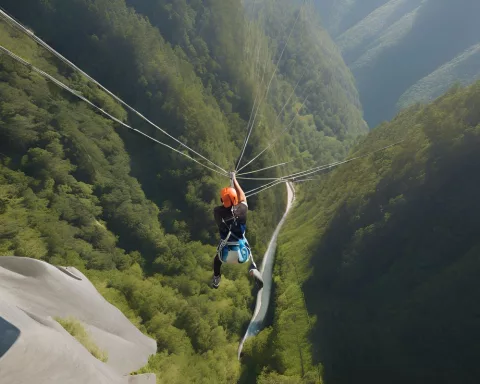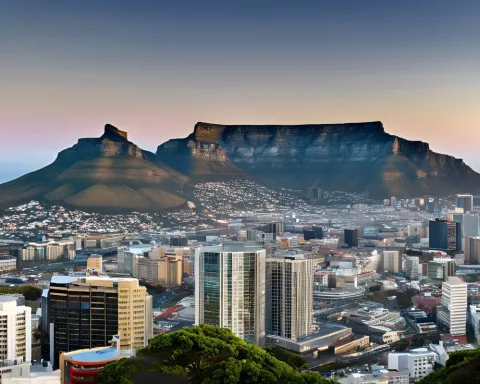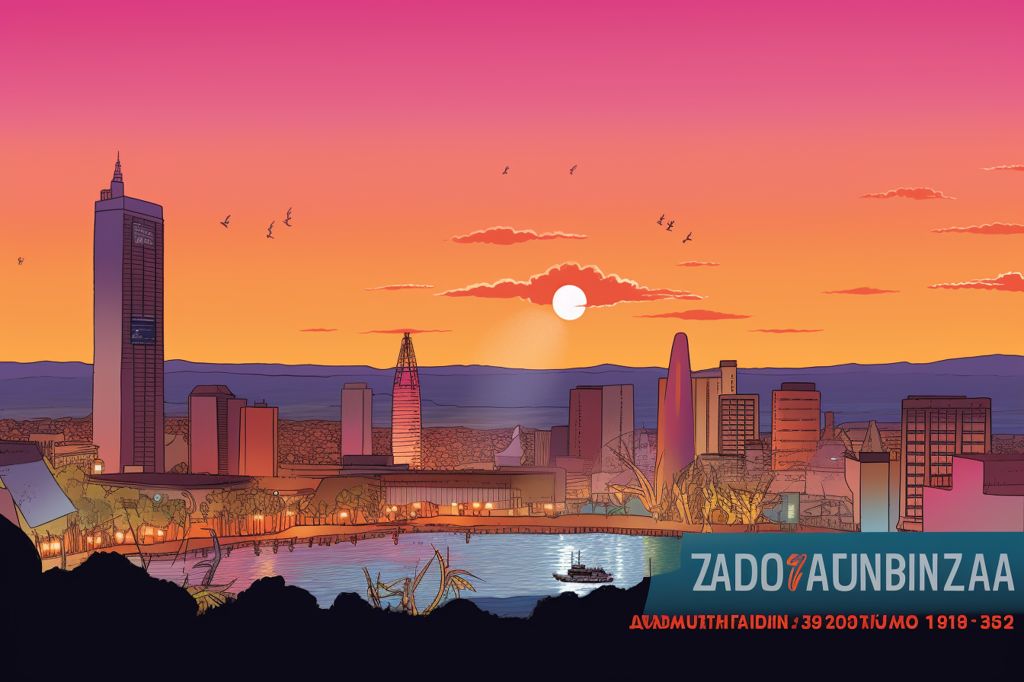South Africa’s tourism industry has made a remarkable comeback in recent times. The first quarter of 2023 witnessed an impressive increase in international arrivals and spending. This article explores the reasons behind this growth, the top source markets for South African tourism, and the impact on domestic travel.
International Arrivals and Spending
According to statistics unveiled by Minister Patricia De Lille, South Africa witnessed a 102.5% increase in international arrivals in Q1 2023 compared to the same period in 2022. Despite being 21.5% lower than 2019 levels, South Africa’s tourism industry is showing rapid recovery. The African continent has been a significant contributor to this growth, with 1.6 million arrivals, followed by Europe and the Americas.
Foreign direct spending during this period reached an impressive R25.3 billion, marking a 143.9% increase compared to Q1 of 2022. European tourists contributed the most spending with R10.8 billion, while visitors from Africa collectively spent R9.3 billion.
Reasons Behind the Growth
The lifting of travel restrictions and the affordability of South Africa as a travel destination played a significant role in the positive figures. Furthermore, the country offers an abundance of wide-open spaces that travelers have been craving during the pandemic.
The top source markets for South African tourism in Q1 2023 included Zimbabwe, Mozambique, Lesotho, and Eswatini, with Zimbabwe leading the way with over 500,000 visitors. Other significant source markets were the United Kingdom, Germany, USA, Botswana, Namibia, and the Netherlands.
The country’s diverse destinations have been instrumental in attracting international visitors. Gauteng, for instance, has been the top choice for international arrivals, spending, and bed nights. Other provinces such as Western Cape, Eastern Cape, Northern Cape, KZN, and North West also offer unique attractions and experiences for tourists.
Impact on Domestic Travel
Domestic travel within South Africa has similarly experienced a boost. Overnight trips increased by 41.0% in Q1 2023 compared to Q1 2022, and overnight domestic spending was up 24.4%. South Africans have been taking more frequent trips, although spending less per trip, reflecting a global trend for shorter, more frequent vacations.
South Africa’s tourism industry has managed to captivate travelers seeking adventure and discovery. The country is committed to surpassing pre-COVID tourism levels through focused efforts on improving visa turnaround times, increasing air access, ensuring safety, and aggressive marketing. By collaborating with stakeholders, South Africa aims to enhance tourism’s contribution to the economy and job creation, securing a brighter future for the industry.












